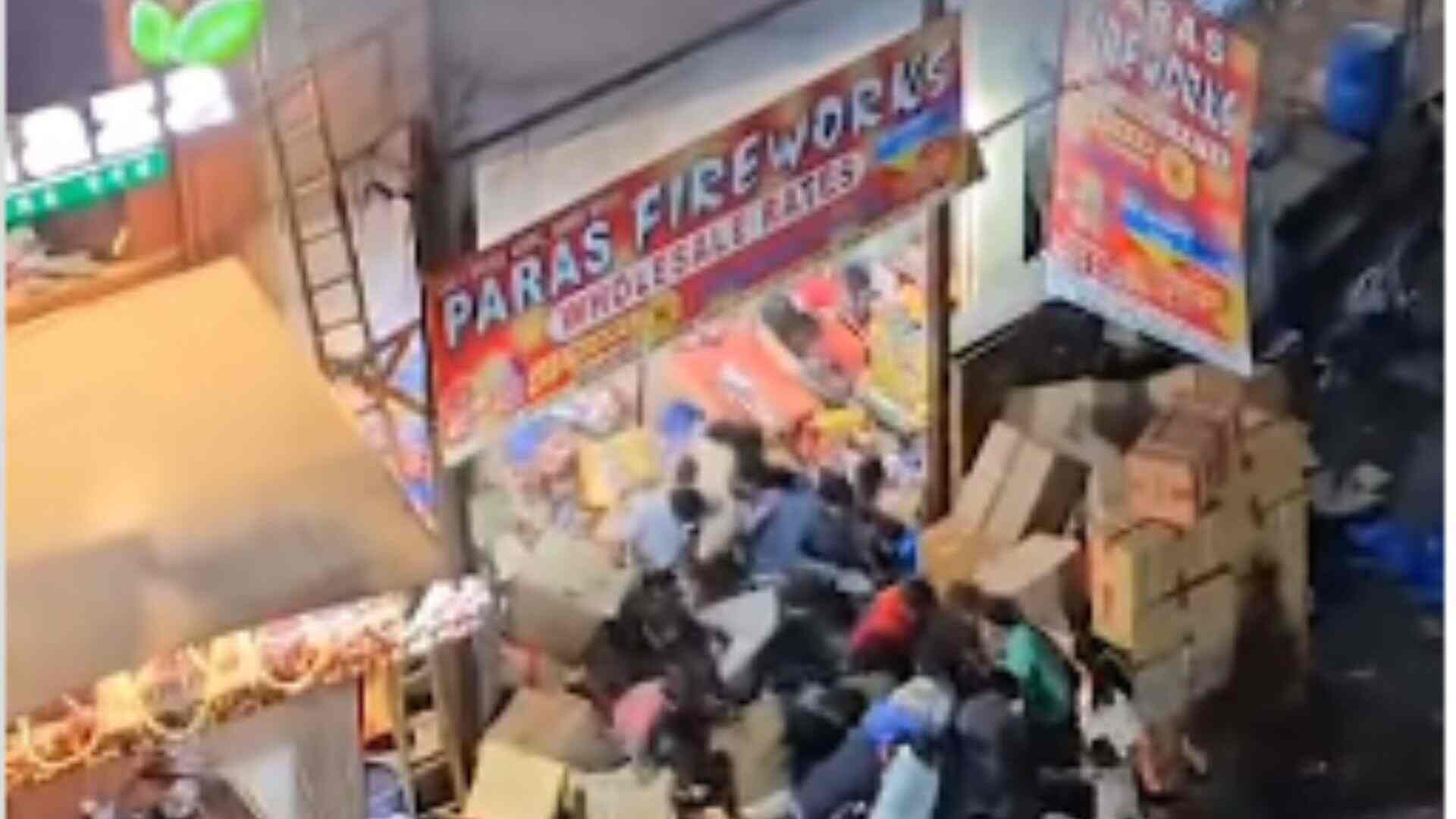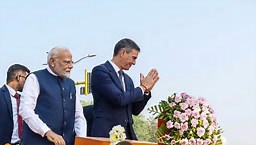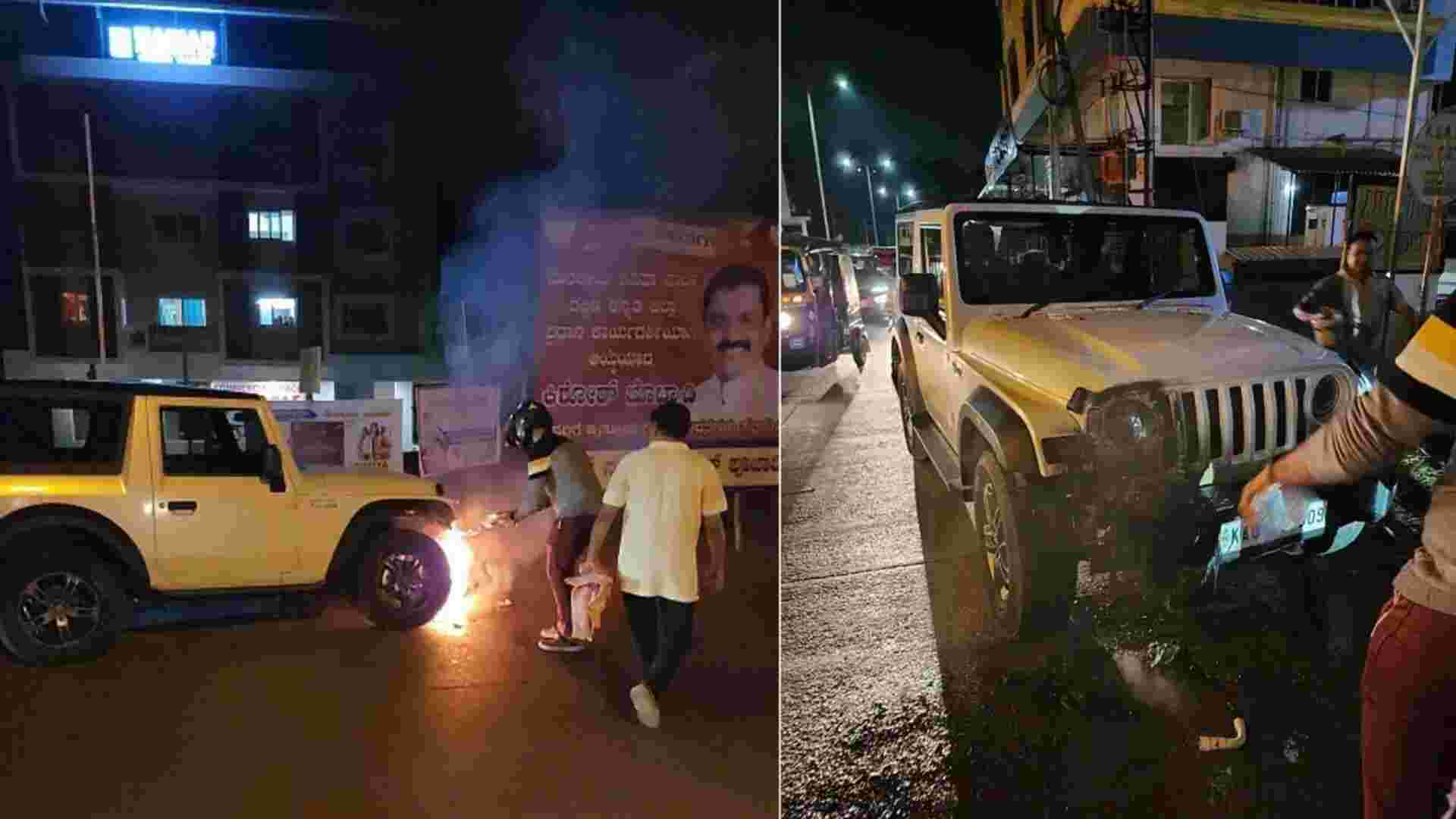
Since the launch of Saudi Arabia’s Vision 2030, a staggering 21,000 migrant workers have reportedly died, sparking intense scrutiny and concern over the conditions endured by laborers across these ambitious construction projects. A new ITV documentary, Kingdom Uncovered: Inside Saudi Arabia, delves into the harrowing experiences of these workers, who describe feeling like “trapped slaves” and “beggars.”
Workers, primarily from India, Bangladesh, and Nepal, shared stories of working grueling 16-hour shifts, far exceeding Saudi Arabia’s 60-hour weekly limit. One worker involved in constructing “The Line,” a futuristic urban development, described the strain, saying, “We work very hard and have little time to rest.” Despite their sacrifices, many workers report waiting up to 10 months for unpaid wages.
The accounts of these laborers paint a bleak picture. Many are reportedly denied adequate food, sleep, and opportunities to return home. Noura, an undercover journalist, highlighted stories of workers who couldn’t leave due to exit restrictions and fines. In one tragic case, a Nepalese worker named Raju Bishwakarma was found dead in his room after being told he needed to pay a steep fine to leave the country.
Projects like Neom, a planned smart city, and The Line, a car-free, 100-mile city, have drawn attention globally for their scale and ambition. However, they’ve also been linked to significant human rights concerns, including reports of migrant workers disappearing or being displaced. Human rights organizations like FairSquare have condemned the working conditions, calling them “exploitative.”
Human rights advocates and the families of affected workers are now calling for accountability. Nepali lawyer Anurag Devkota expressed heartbreak over the situation, saying, “Migrant workers come here for a better future for their families, but instead, we are getting dead bodies in wooden boxes.”















